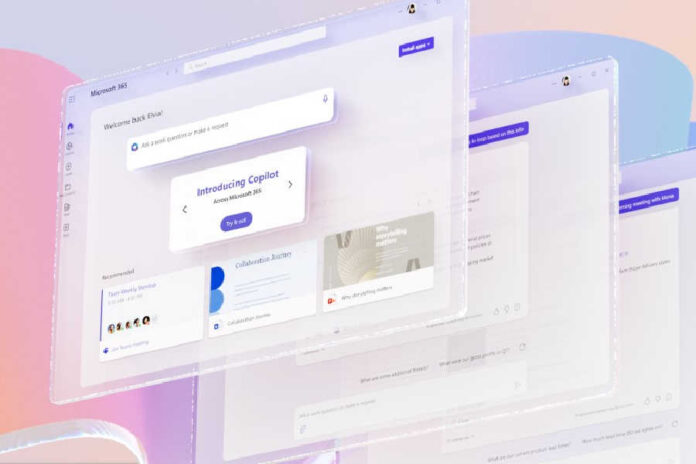
Microsoft launched its highly anticipated AI copilot, a notable step forward in the use of tools that complement a human worker’s performance. Given the penetration of the company’s products – Microsoft Office 365 holds a 46% market share, second to Google’s 50% – the move all-but guarantees the technology will be given a global tryout across organizational functions.
Jared Spataro, Microsoft’s corporate vice president of Modern Work and Business Applications, told The Wall Street Journal that Copilot uses generative AI to handle chores like summarizing calls, drafting email responses or turning Word documents into PowerPoint presentations.
The product will be available in Windows 11, Microsoft 365 and the company’s Edge browser and Bing search engine. Over time, Microsoft plans to integrate Copilot into all of its most popular applications.
CIO Reaction
While many CIOs plan to put Copilot through its paces, many of them are balking at its premium price, the Journal reported. Copilot requires a $30 per-user fee each month, with a 300-license minimum. That, in effect, raises the price of Microsoft’s premium Office suite by 60%. On the other hand, some executives say even at that cost, implementing Copilot is more economical than developing a similar solution in-house.
The minimum means smaller businesses will have to wait for their own pricing packages before they can take advantage of the product. HRCI CIO Chris Scandlen told the Journal he’s interested in trying Copilot, but his company doesn’t have enough employees to justify the minimum. Microsoft hasn’t announced a timetable for when it might address SMB concerns.
Exactly how companies will adopt Copilot remains to be seen, but Forrester Research said the payoff is more evident for higher-paid employees. After an hour, employers will see savings for those earning $30 an hour. Those earning $15 will need two hours to pay for the product.
Integrations Abound in HR
Earlier this year, Microsoft and SAP said they’ll collaborate on integrating SuccessFactors features into Copilot for Microsoft 365, Viva Learning and Azure OpenAI Service. Meanwhile, SAP announced its own copilot, Joule, although it’s not clear if or how it will work with Microsoft’s product.
Other HR technology vendors, such as Workday, plan to forge their own path with generative AI while still others, such as UKG, are leaning toward partnerships with Google and its Vertex platform. Other vendors – including iCIMS, Eightfold and Ceridian – have announced their own approaches to copilot solutions.
Image and Video: Microsoft













